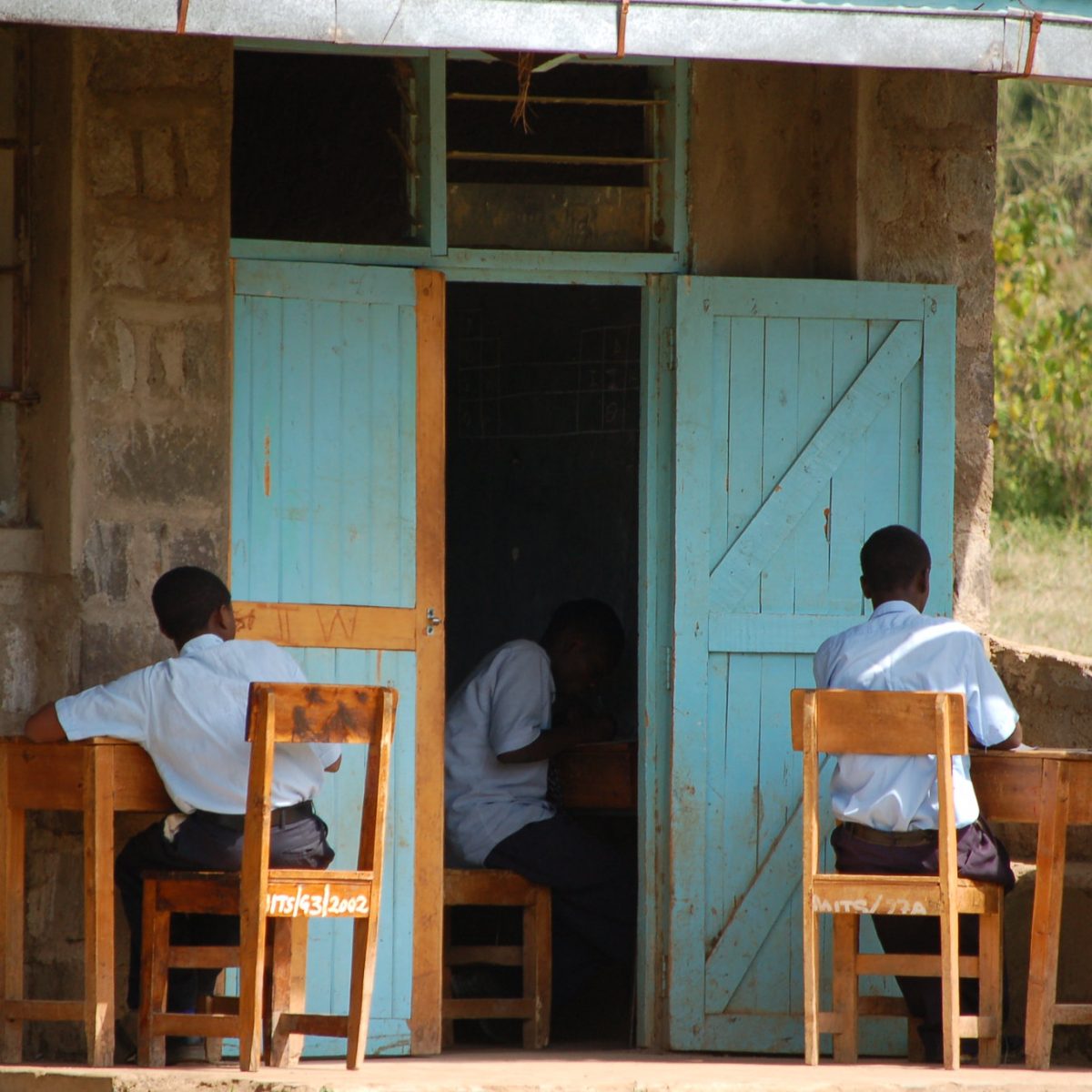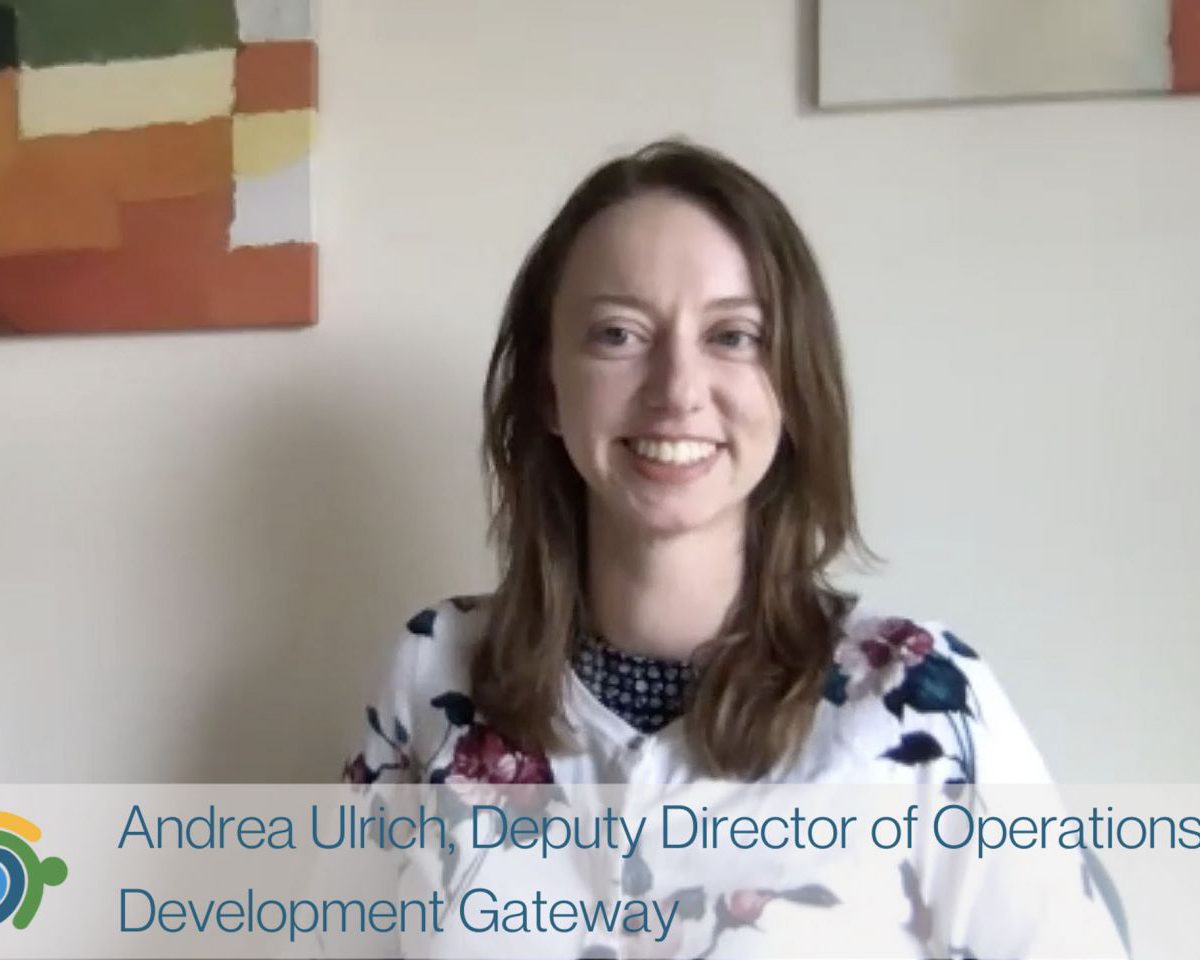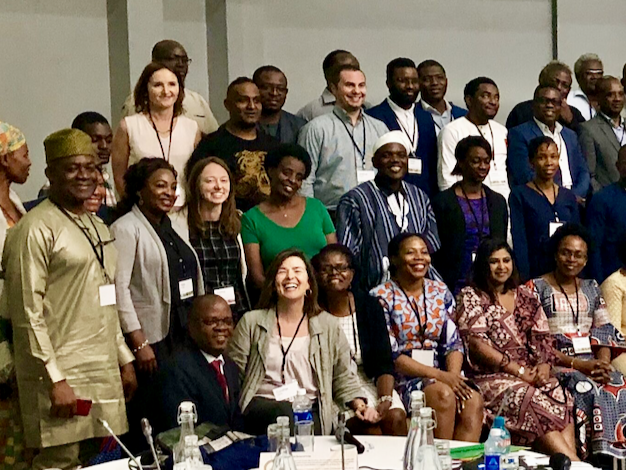Posts by Andrea Ulrich

The Need for Health Taxes to Raise Revenues
With aid declining and fiscal pressures rising, countries face widening gaps in funding essential services. This blog explores how health taxes can help bridge the gap, drawing on insights from DG, TJNA, and WHO at the Financing for Development Conference.

Shared Struggles, Shared Solutions: Education and Cross-Sector Data Use Insights
This blog draws on DG’s experience in climate, health, aid management, and agriculture to explore connections between the challenges of data collection, data hosting, and data governance across different sectors and what the solutions to overcoming them can teach us about strengthening education data systems.

DG’s Tobacco Control Data Initiative: Reflecting on the First Four Years (Part 1)
As we reach the end of the first four years of TCDI, we reflect on what we’ve accomplished and take stock of lessons we learned while sharing tobacco control data with officials who are monitoring and passing tobacco control legislation in Africa while working in civil society, academia, and government.

A Six Step Recipe for Effective Data Use
In this blog, DGers Ousmane Koné and Andrea Ulrich explore DG's six step “recipe” for effective data use.

Five Tips for Successful Co-Design
As co-designing gains traction in the international development sector, Deputy Director of Programs Andrea Ulrich outlines five ways in which DG has found success co-designing projects with stakeholders.

Highlights from the Tobacco Control Data Initiative South Africa Assessment
Several months ago, the Tobacco Control Data Initiative (TCDI) team completed an assessment in South Africa to understand the key priorities and data needs of those who work in tobacco control. During the assessment, the team talked to a variety of stakeholders within government agencies, civil society organizations, and academia who work on promoting, advocating, or evaluating tobacco control policies.

COVID-19 Is Not Gender Neutral
As the world continues to face the effects of Covid-19, policymakers are turning to data more than ever to understand the scope of the crisis, anticipate its spread, and formulate policy decisions; but gender-disaggregated data are missing from the picture. Knowing what information is being captured and what is not could impact decision-making.

The Tobacco Control Data Initiative (TCDI): A New Partnership with African Policymakers to Utilize Data for Effective Tobacco Control
DG is pleased to announce a new program supported by the Bill & Melinda Gates Foundation (BMGF) to work with African policymakers, governments, and civil society organizations to use data to promote tobacco control across the continent.

Big Data in Development: A Cautionary Note
Imagine a young woman in her mid-20s in Nairobi, Kenya, named Rehema. Twenty-four hours a day, seven days a week, she is surveilled. When she turns off her morning alarm, an app logs how many hours she slept. As Rehema jumps onboard a bus to go to work, her phone tracks her location.